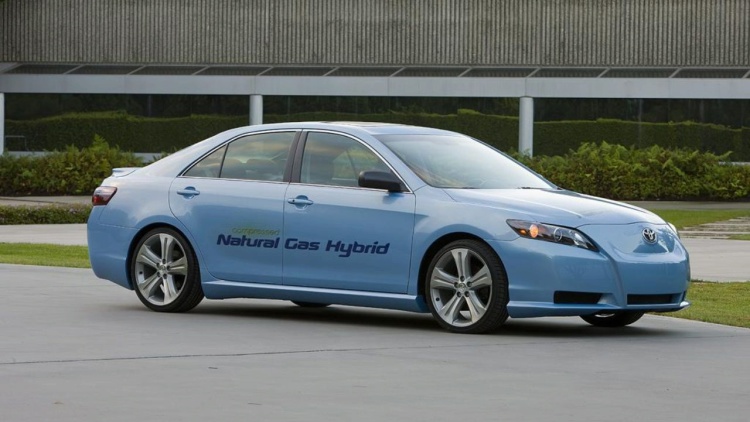Natural Gas Vehicles: Pros and Cons
Just like when driving with a car using gasoline, there are pros and cons to driving natural gas vehicles. Although the greenhouse gas emissions emitted by a natural gas vehicle is less than that of a gasoline vehicle, natural gas—or CNG as it is known—is still a fossil fuel and therefore a non-renewable resource.
Natural gas vehicles have been around for quite some time on our roads now and here is a list explaining the advantages and disadvantages of natural gas vehicles.
Pros of using natural gas in vehicles
Less Pollution: Air pollution caused by vehicle emissions is a huge concern and something that we need to control to ensure a safer and greener environment. Natural gas vehicles’ greenhouse gas emissions are far less and not as hazardous to the environment as the emissions from gasoline vehicles.
Availability of Natural Gas Deposits: There are huge amounts of natural gas deposits available mainly due to the fact that natural gas has not been used as much as petroleum. Although a non-renewable resource, natural gas deposits will not be depleted in our lifetime.
Low Maintenance Cost: The maintenance costs of natural gas vehicles is very low and, as buying a car is a long term investment, this should come as a relief for many natural gas vehicle owners.
Conversion Kits: Even if you cannot afford to buy a natural gas vehicle, you are still able to change your car to a hybrid with the availability of a conversion kit. The installation of the kit in your car will enable you to drive with a mixture of gasoline and natural gas, making a multi-fueled hybrid car.
Compression Ratio: Natural gas vehicle engines have a very high compression ratio, burning most of the fuel and leaving very few byproducts behind.
Cost: Natural gas cost is far less than that of gasoline.
Cons of using natural gas in vehicles
High Cost: The high cost of implementing this technology is one of the stumbling blocks. Buying a natural gas vehicle will be more expensive than a petroleum car as they are not as popular and readily available.
Speed: Natural gas vehicles are not as fast as their gasoline counterparts.
Availability of Natural Gas Stations: Because natural gas vehicles are not that popular, there are only a select few CNG stations available to the owner of such a car. This means that you will have to carry bigger tanks in your vehicle or face having to tow your car to the nearest natural gas station which could be ten miles or more away if you run out of natural gas.
Tanks: Like with gasoline you will need a storage tank in your car for natural gas. Unfortunately this tank is huge and, as it is normally installed in your trunk, you will have basically no trunk space available afterwards.
Performance: Natural gas vehicles have less performance when it comes to the amount of gas used in relation to the mileage of the car.
Safety: Natural gas is stored in a pressurized fuel tank in your vehicle which is a big safety concern.



